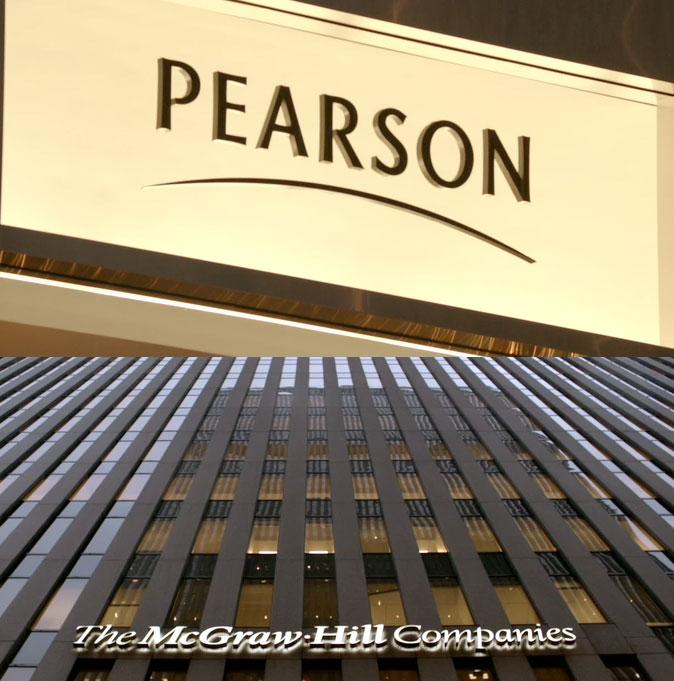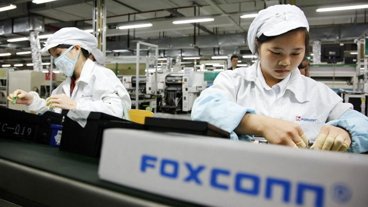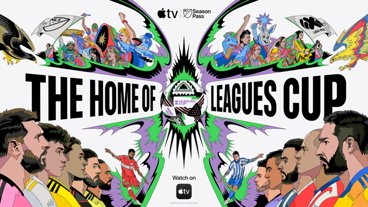Apple's e-textbooks cost $14.99 or less, major publishers already on board
Last updated
Titles announced at Thursday's media event from Pearson include Algebra I, Biology, Environmental Science, Geometry. These titles are used by more than 4 million high school students.
McGraw Hill is also on board, Apple's Phil Schiller revealed. They are offering Algebra I, Biology, Chemistry, Geometry and Physics titles as of today on the iBookstore with iBooks 2.
In addition, DK Publishing launched four books on Thursday: "Dinosaurs and Prehistoric Life," Natural History Insects," "Natural History Animals," and "My First ABCs" for young children.
Also on the iBookstore is "Life on Earth" from the E.O. Wilson Biodiversity Foundation, with the first two chapters available as a free download. Future chapters will be made available as they are completed at "a very aggressive price."
A video accompanying Thursday's announcement noted that children today use largely the same tools for learning that were available in 1950. With iBooks 2 and the new iBooks Author, Apple hopes to change that by making dynamic and inexpensive digital textbooks for the iPad.
 AppleInsider Staff
AppleInsider Staff








 Amber Neely
Amber Neely
 Thomas Sibilly
Thomas Sibilly

 William Gallagher
William Gallagher
 Malcolm Owen
Malcolm Owen
 Christine McKee
Christine McKee










41 Comments
There seems to be several mentions of high school textbooks. I thought high school students did not normally purchase textbooks, rather the school district provided them. Has this changed ?
I can see Apple having an 8GB iPad 2 — in a couple months —*that cost $349 and is only available to the Education Store like their low end iMac.
I can see Apple having an 8GB iPad 2
The very existence of even ONE of these textbooks proves this wrong.
That Life On Earth book? I'm downloading it. They say it's two chapters for free right now, right?
It's a gigabyte.
No way does an 8GB iPad make ANY sense.
The very existence of even ONE of these textbooks proves this wrong.
That Life On Earth book? I'm downloading it. They say it's two chapters for free right now, right?
It's a gigabyte.
No way does an 8GB iPad make ANY sense.
Ouch! 8GB would be anemic for a semester's course load, but so would 16GB, with 2 chapters at 1GB.
The textbook industry is the most profitable section in the book publishing industry. With textbooks often costing 100+ dollars each, publishers make fat profits from them.
If publishers stand to lose their profits from selling textbooks cheaply, then they will not go along with Apple.
After all, textbooks on Amazon in eBook form for the Kindle are STILL EXPENSIVE - often costing the same as the physical textbooks themselves.